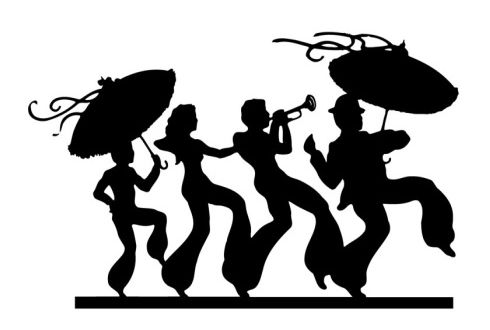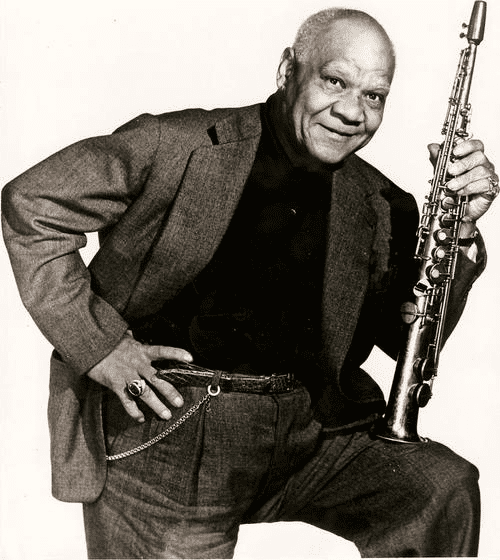Louis Armstrong was a native of New Orleans, Louisiana, nicknamed ‘Satchmo’ and ‘Pops.’ An all-star virtuoso, with both his daring trumpet style and distinctive vocals, he rose to fame in the 1920s, inspiring numerous performers. The powerful stage presence of Armstrong inspired not just the jazz world, but all mainstream music. Throughout his career, he has released many songs, including songs like “Star Dust,” “La Vie En Rose” and What a Wonderful World.”The significance of Armstrong has only continued to increase since his death. Younger African-American jazz musicians such as Wynton Marsalis, Jon Faddis and Nicholas Payton started talking about the significance of Armstrong, as both an artist and a human being in the 1980s and 90s. A series of new biographies on Armstrong made his role as a pioneer of civil rights abundantly clear and, subsequently called for an embrace of the production of his entire career, not just the pioneering 1920s recordings. Armstrong’s contributions as a trumpeter and vocalist are one of the most influential figures in music of the 20th century and are widely known today and will continue to be for decades to come.




